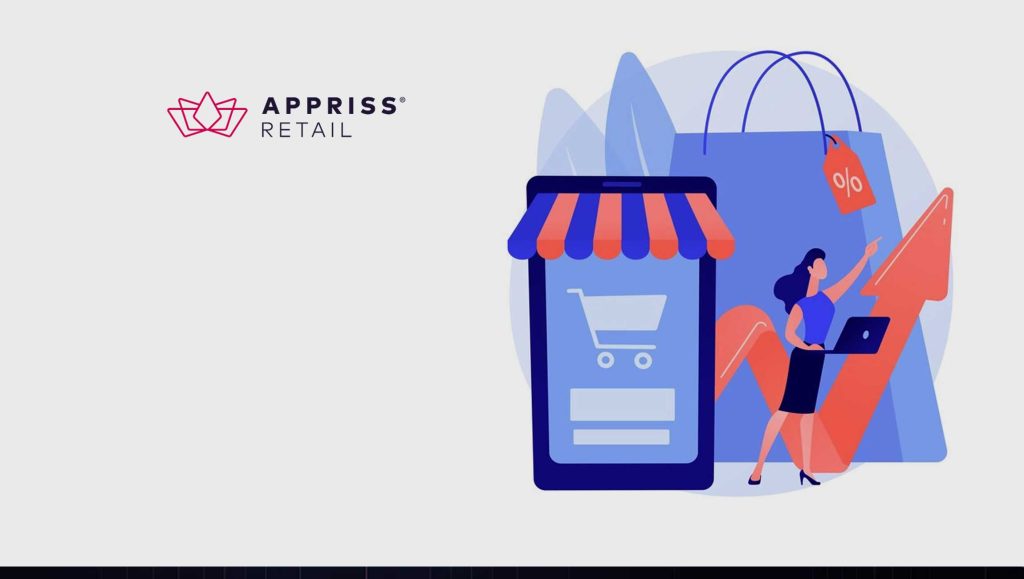Internal analysis of leading U.S. retailers finds claims and appeasements fraud is costing retailers billions of dollars in online sales and is up 1.5% year over year
Appriss Retail, a leading provider of data and analytics solutions designed to reduce retail losses, decrease returns, and provide a more seamless consumer experience, released the Appriss Retail 2024 Claims and Appeasements Report, featuring internal research and covering the troubling rise of claims and appeasements fraud.
“The boom of ecommerce and omnichannel shopping over the last few years has fueled fraudsters looking to deceit retailers with online fraudulent claims for refunds and appeasements”
A sophisticated method of fraud, claims and appeasements consist of a consumer claiming that an online order never arrived, didn’t arrive as expected, or the item showed up damaged, requiring a retailer to offer an appeasement or refund. On its surface, claiming a refund for a damaged item sounds honest, and is even categorized as “friendly fraud” by the National Retail Federation (NRF), but organized retail crime (ORC) groups and savvy fraudsters are exploiting the tactic.
Read More: Mindmatrix Unveils Cutting-edge Enhancements to its Next-Generation PRM Platform, Bridge
In the report, Appriss Retail features exclusive analysis from leading U.S. retailers and the impact claims and appeasements had on their businesses in 2023. The report also features industry-wide research on the state of fraud, in collaboration with NRF, leveraging data from the 2023 Consumer Returns in the Retail Industry Report. Findings include:
- Cases of claims and appeasements fraud increased 1.5% year over year.
- 10.5% of claims and appeasements cases are fraudulent.
- Depending on the type of retailer, the cost of claims and appeasements fraud on online retail sales equals to $21 billion to $35 billion.
The report also found that fraudsters are getting more sophisticated in how they target retailers and claims and appeasements abuse. Examples include:
- Joining online forums. Professional returners band together and share tips within dark web forums on how they work around a returns system.
- Running a professional returns fraud service. Some fraudsters run a service to be hired to execute claims and appeasements fraud and advertise online within forums.
- Sharing resources. Professional returners share successful templates for complaint letters and scripts to read to customer service chatbots and call centers.
Read More: SalesTechStar Interview with Eran Hollander, Chief Product Officer at HungerRush
ORC groups and professional fraudsters are getting smarter with how they target retailers, making it harder for loss prevention teams to assess when claims and appeasements cases are honest or fraudulent. Often, loyal shoppers receive a product that is damaged or was lost during a delivery run. But under that veil, there are also fraudsters collecting items, reselling those items elsewhere, filing claims, and getting refunds on top of the purchases.
“The boom of ecommerce and omnichannel shopping over the last few years has fueled fraudsters looking to deceit retailers with online fraudulent claims for refunds and appeasements,” said Michael Osborne, CEO, Appriss Retail. “The problem is costing retailers billions of dollars, but advancements in AI can help retailers keep pace with professional returners.”
Retailers can leverage predictive analytics and AI solutions to help identify suspicious behaviors such as fraudsters buying up items and making claims across multiple locations. The tools track behaviors and can alert retail associates of potential claims and appeasements fraud. Appriss Retail research finds the tools may help reduce claims and appeasements cases by 6.5%.





















